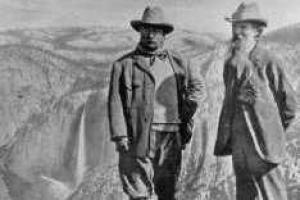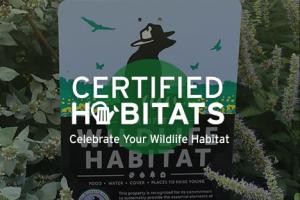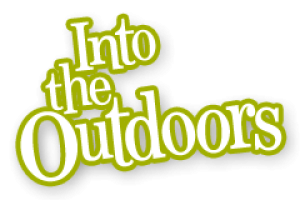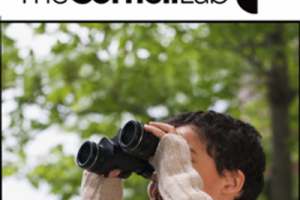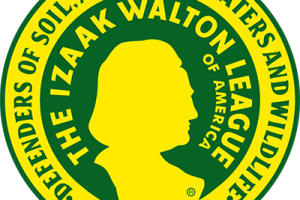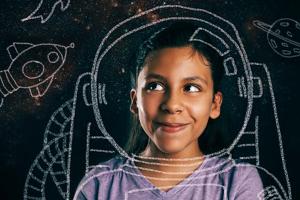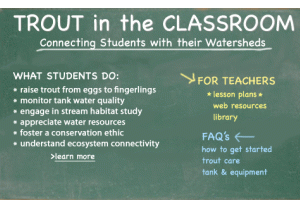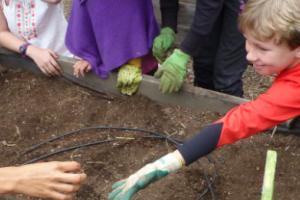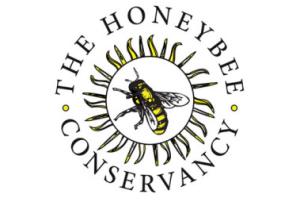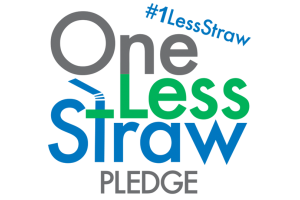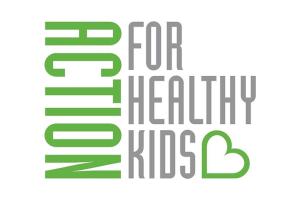
School Grants for Healthy Kids
/resource/school-grants-healthy-kids
Action for Healthy Kids

Green Schools Conference and Expo
/resource/green-schools-conference-and-expo
US Green Building Council
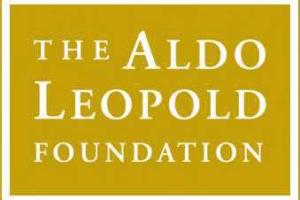
Leopold Education Project
/resource/leopold-education-project
Aldo Leopold Foundation
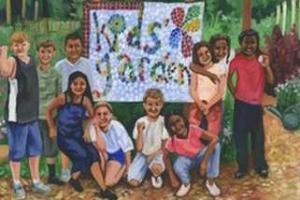
Teaching in Nature`s Classroom
/resource/teaching-natures-classroom
Teaching in Nature's Classroom
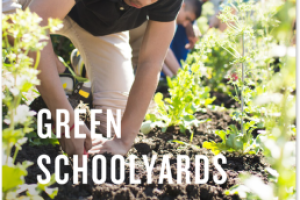
Green Schoolyards: A Growing Movement Supporting Health, Education, and Connection with Nature
/resource/green-schoolyards-growing-movement-supporting-health-education-and-connection-nature
Healthy Schools Campaign and Openlands
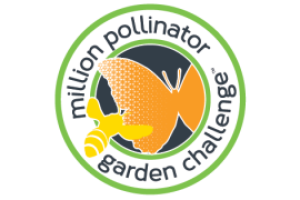
Million Pollinator Garden Challenge
/resource/million-pollinator-garden-challenge
National Pollinator Garden Network
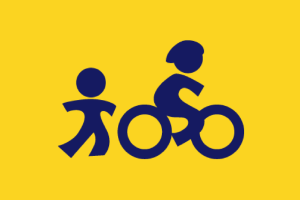
Safe Routes to School Policies, Programs, and Initatives
/resource/safe-routes-school-policies-programs-and-initatives
Safe Routes to School Partnership
Dig In! Standards-Based Nutrition Education from the Ground Up
/resource/dig-standards-based-nutrition-education-ground
U.S. Department of Agriculture

E2 Energy to Educate Grant Program
/resource/e2-energy-educate-grant-program
Constellation
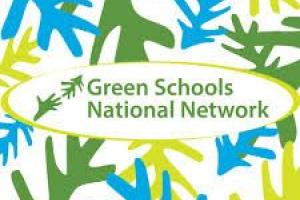
The GSNN Membership Program
/resource/gsnn-membership-program
Green Schools National Network
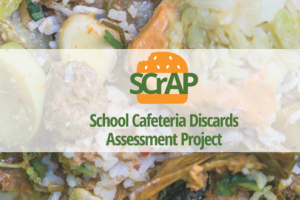
School Cafeteria Discards Assessment Project
/resource/school-cafeteria-discards-assessment-project
Environmental Research and Education Foundation

Sensible Guide for Healthier School Renovations
/resource/sensible-guide-healthier-school-renovations
Environmental Protection Agency
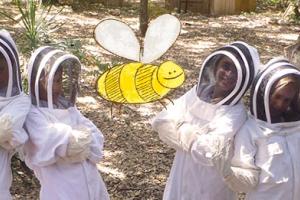
Honey Bee Grant Program
/resource/honey-bee-grant-program
Whole Kids Foundation
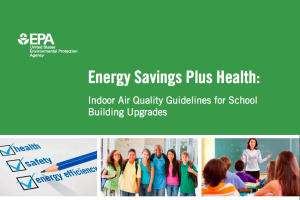
Energy Savings Plus Health: Indoor Air Quality Guidelines for School Building Upgrades
/resource/energy-savings-plus-health-indoor-air-quality-guidelines-school-building-upgrades
Environmental Protection Agency
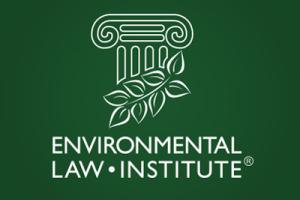
Addressing Indoor Air Quality in School Energy Efficiency Upgrades: Review of Selected State Policies
/resource/addressing-indoor-air-quality-school-energy-efficiency-upgrades-review-selected-state
Environmental Law Institute

